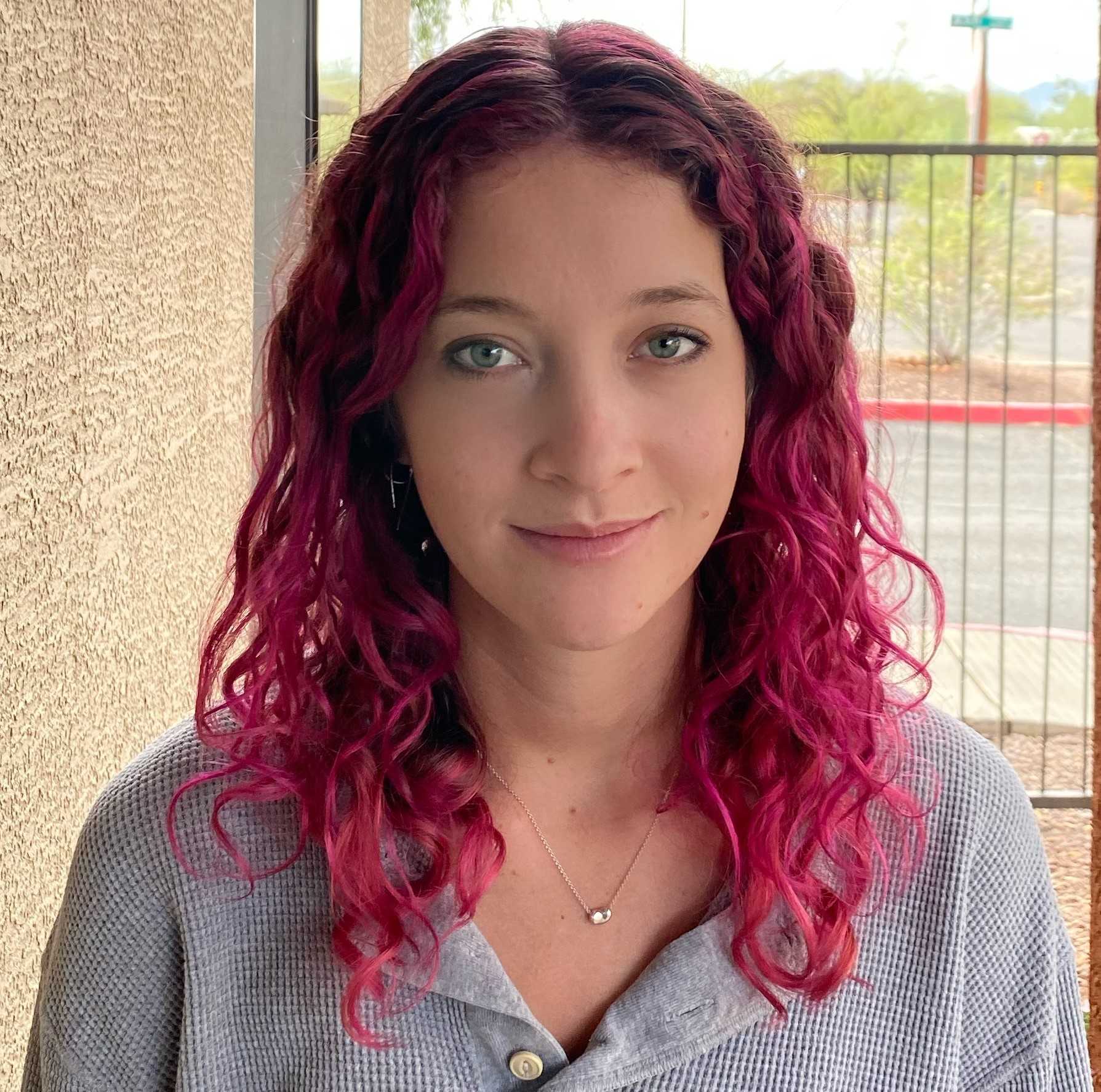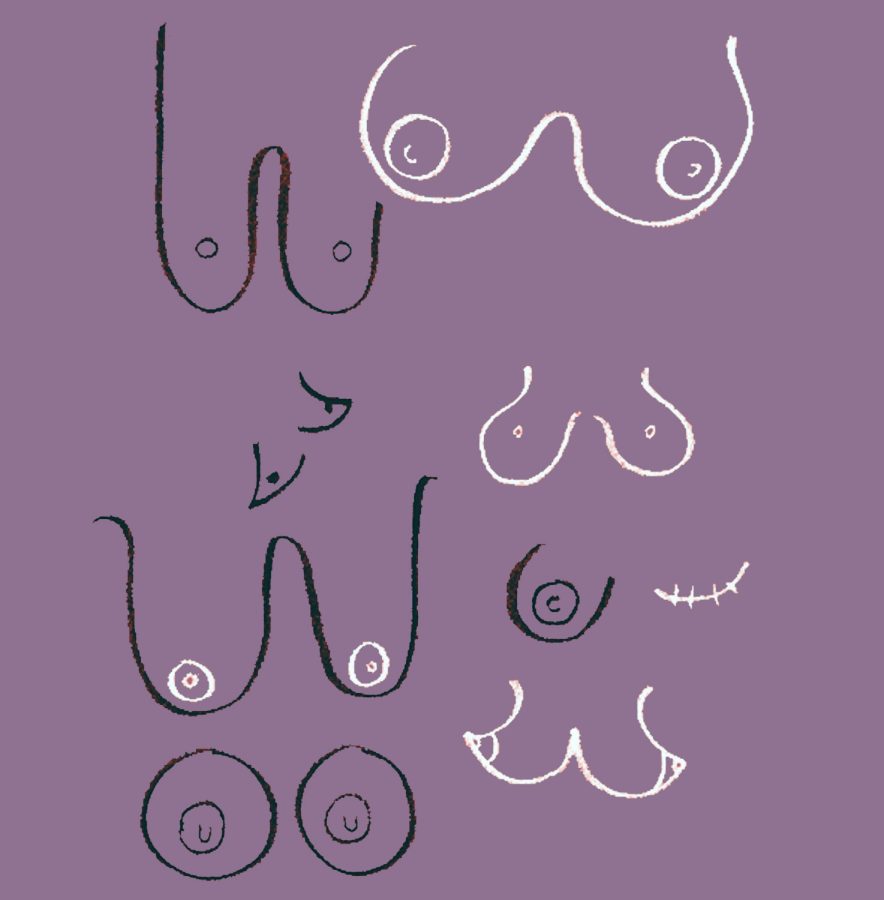“People are scared of big boobs” is what Billie Eilish said in an interview in response to the loss of over 100,000 followers on social media following the singer’s release of a sexy photoshoot for Vogue. The artist who is known for her baggy clothing street style has in the past tried to cover her figure in attempts to avoid the objectification that is synonymous with women in the spotlight. We now see that it was for a good reason as the minute she did show off her curves she received an immediate and mass influx of public disapproval.
Everybody seems to love them, but no one seems to love their own. From here on out, we are talking about boobs, why they are all beautiful and the countless societal problems that surround them. People with little ones want more, those with big ones want less and all shapes and sizes come with their own set of struggles. Insecurities in our bodies start at a young age, and the insecurities around our chest sizes that starts as soon as girls start developing into women. Middle school is a hellscape for most people for a multitude of reasons, one of them is being uncomfortable with our changing bodies.
Insecurities can stem from interactions with peers, in both girl vs. boy as well as girl vs. girl encounters. At that time in our lives, everyone is developing at a different rate, everyone is charged up with prepubescent hormones and a breeding ground for unwanted commentary on our changing bodies is created.
RELATED: OPINION: The dangerous combination of body altering editing apps and social media
I think every one of us can recall a comment made about their bodies by a fellow middle schooler that planted the seed for lasting insecurities about our bodies. For me, developing a bigger chest than my friends made me so wildly insecure and left me always feeling like I was attracting unwanted attention. This drove me to feel the need to cover up and hide my body to avoid the comments, a feeling that was unintentionally reinforced within my household. My mom, who clearly only wanted to protect me from being sexualized at such a young age, encouraged the feelings of needing to hide my body and to feel ashamed of what I looked like.
The oversexualization of the female body is another major aspect to the discomfort that shrouds how many women feel about their own bodies. Women in almost every industry can recall unwanted commentary or attention that they received in their work environment because of the sexualization of their bodies. Personally, I have experienced it in nearly every job I have worked to date, starting when I was 15 and a lifeguard to now when I am 21 and bartending. Statistics show that as high as 81% of women have experienced some form of sexual harassment in the workplace. Additionally, countless events go unreported, thankfully though that is a decreasing number because of movements that push women to speak out and try to create systems to help them do so.
For far too long breasts are an object of sexualization with the irrelevant factor of size playing much too big of a role in this. The size of a woman’s chest has been a long time point of objectification. It is a long-standing stereotype that the size of a woman’s chest determines her attractiveness, femininity, or sexuality. Big boobs or small boobs, that has no effect on how “easy” a woman is, it definitely should not affect how beautiful they are or more importantly how they feel about themselves.
RELATED: OPINION: The diet culture that rules our lives needs to end
Not surprisingly, breast augmentation of any form is one of the most commonly sought-after cosmetic surgery. I bring this point up not to shame women who want to change their breasts in one way or another, but rather to address the stigma associated with it. In most cases women seeking plastic surgery are not seeking male approval. Countless cosmetic procedures, including breast modifications, are often done to improve personal self-confidence and wellbeing. Deciding to make oneself feel better and more confident should not be a point of shame or embarrassment, even though society may attempt to make it one.
The reality of the situation is that everyone’s body and breasts are different. Whether yours are far apart, close together, small, big, sagging, scarred, pierced — whatever it may be, they are uniquely yours. This viewpoint has been traditionally clouded by stereotypes and the male gaze, but it is time for a little forward progression here, don’t you think? It’s time for women to take pride in their bodies and show them however much, or little, they please free of judgement from outsiders. Do what you want, wear what you want and be proud about it.
Follow Lauren Borelli on Twitter

Lauren (she/her) is a political science major from Baltimore.









